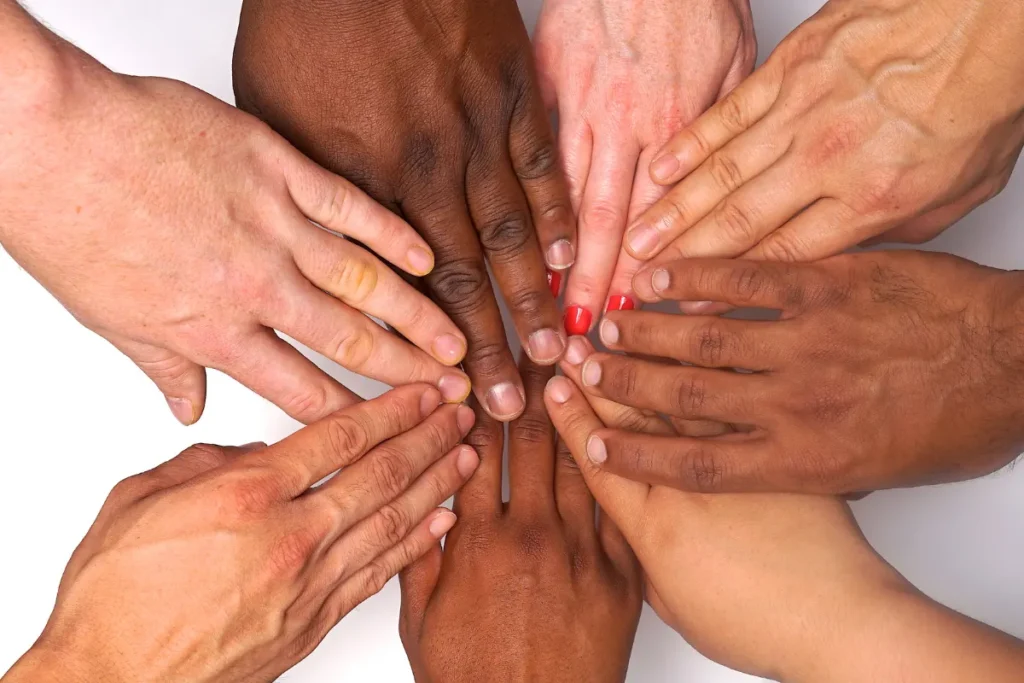Today, the U.S. Supreme Court issued its final ruling on Dobbs v. Jackson Women’s Health Organization case overturning the nearly 50-year precedent of Roe v. Wade.
In Minnesota, abortion rights remain protected through the state’s 1995 Supreme Court ruling in Doe v. Gomez. In Iowa and Wisconsin abortion rights are uncertain at best. In North Dakota and South Dakota trigger laws will go into effect banning abortion.
While abortion rights are still protected in Minnesota, access to reproductive healthcare has always been more challenging for rural residents. The abortion laws of surrounding states greatly impact rural Minnesota women, especially those in western Minnesota. Many of these women regularly receive healthcare services in the Dakotas or their local hospitals and healthcare providers are affiliated with or run by Dakotas-based healthcare networks. In practice, many Minnesotans have lost ready access to abortion services. Women’s healthcare and reproductive care will suffer. Maternal and infant mortality rates will go up. This is true for all women, but it is especially true for the poor, people of color, and already disenfranchised communities.
CURE may be best known as a rural environmental organization, but our care for the environment comes from a core concern for the health, safety, and dignity of all rural Minnesotans. Minnesotans across the state deserve to live in places with safe air and water, real economic opportunities, and full and free access to education and healthcare. Building and maintaining healthy communities depend on each person having self-determination and body autonomy.
CURE is a rural-based Minnesota democracy organization. CURE’s mission is to protect and restore resilient rural landscapes and build vibrant, just, and equitable rural communities.
Links:
Roe v. Wade Decision Could Result in Heavier Burdens on Rural Maternity Units
*Roe v. Wade* overturned; how it could affect rural America and more


